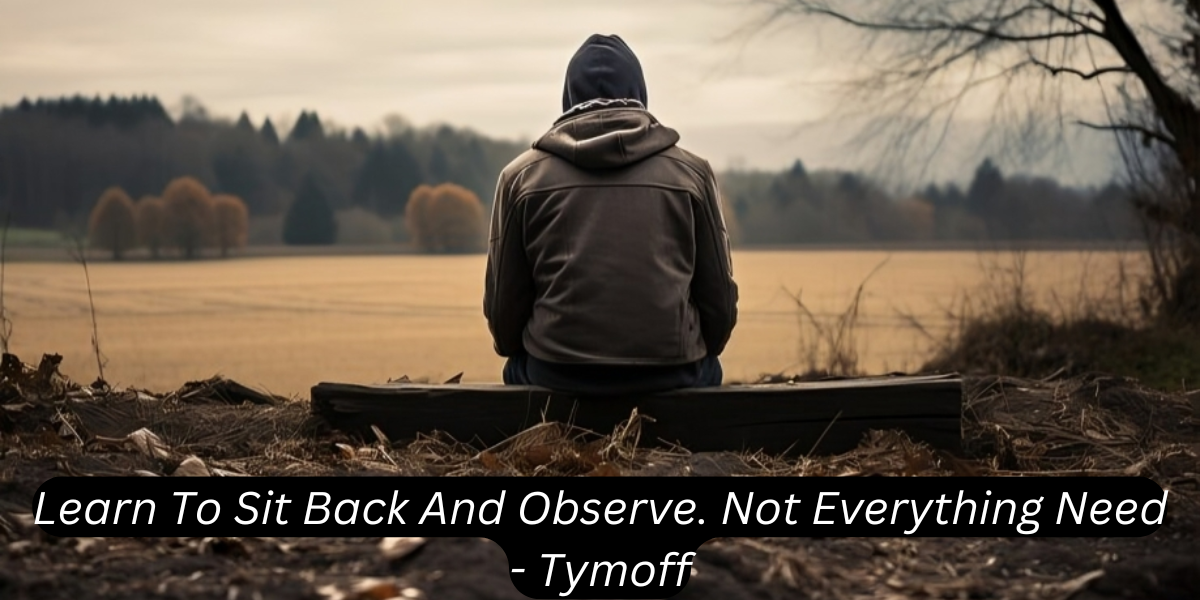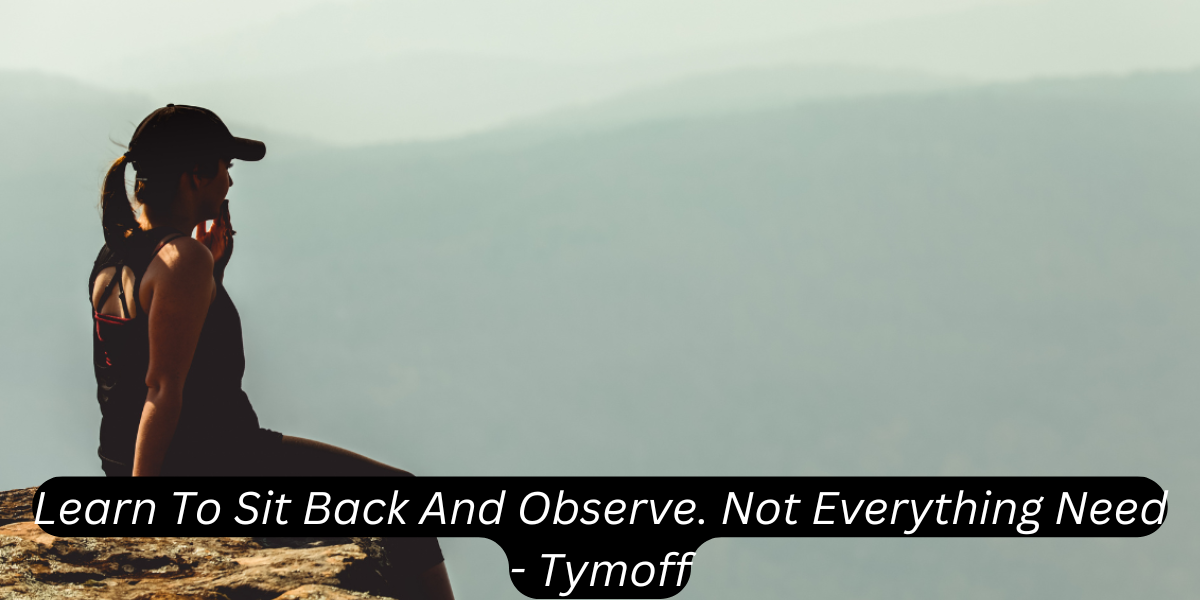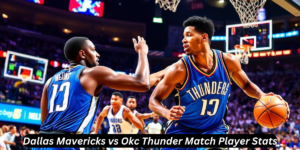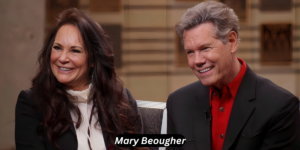
In today’s fast-moving digital era, we are constantly flooded with messages, notifications, news updates, and social cues that demand our attention. This can lead to feeling overwhelmed and trigger reactive behavior. Whether it’s a personal disagreement, a work issue, or a controversial post on social media, the expectation to react immediately can cause stress, burnout, and even conflict learn to sit back and observe. not everything need – tymoff.
The philosophy of “learn to sit back and observe” challenges this culture of impulsivity by encouraging a shift toward mindful observation and self-restraint. Promoted by Tymoff, this concept highlights that not everything in life requires an immediate response. By learning when to act and when to observe silently, you can improve your mental well-being, avoid unnecessary conflicts, and develop emotional intelligence.
This article explores the importance of observation, the dangers of impulsive reactions, and practical ways to embrace this philosophy. Whether you are dealing with personal relationships, professional challenges, or online interactions, learning to pause, reflect, and observe is a skill that offers numerous long-term benefits.
Understanding the Tymoff Philosophy: Sit Back and Observe

At its core, the philosophy of “sit back and observe” encourages us to practice intentional mindfulness. It requires slowing down, detaching from emotional impulses, and seeing situations from a broader perspective. Tymoff has become a prominent advocate of this mindset, offering tools and advice to foster self-awareness and inner peace.
The philosophy centers on these key ideas:
- Detachment: Observing without attaching emotions to every experience.
- Restraint: Understanding that not every thought, feeling, or situation requires immediate expression.
- Patience: Allowing time to reveal solutions, patterns, or truths before reacting.
By adopting this approach, individuals learn to respond with wisdom instead of reacting out of anger, fear, or anxiety.
Why Do We Feel Compelled to React?
Human nature often compels us to respond instinctively. From an evolutionary perspective, reacting to threats ensured survival. In today’s world, however, many of these perceived “threats” are psychological—like disagreements, stress at work, or negative comments online.
Several factors drive our need to react:
- Instant Gratification: Social media conditions us to seek immediate responses and validation.
- Fear of Missing Out (FOMO): We feel pressured to engage quickly in conversations to remain relevant.
- Emotional Triggers: Anger, frustration, or anxiety often result in impulsive responses.
- Ego: The desire to defend our opinions and protect our identity makes us react defensively.
While reactions can sometimes be necessary, reacting without thinking often leads to regret, misunderstandings, or unnecessary stress.
Benefits of Learning to Sit Back and Observe
1. Better Decision-Making
Sitting back and observing allows you to analyze a situation objectively before deciding how to respond. Impulsive actions often result in mistakes, while thoughtful observation offers clarity. This is particularly useful in high-pressure environments like work, where the ability to think critically improves performance.
2. Enhanced Emotional Intelligence
Emotional intelligence involves understanding your emotions and managing them effectively. Observation promotes self-awareness, helping you recognize emotional triggers and respond appropriately rather than react impulsively.
3. Improved Relationships
Many conflicts arise from misunderstandings or miscommunication. By learning to observe rather than react immediately, you can listen more effectively and respond with empathy, fostering healthier relationships.
4. Stress Reduction and Mental Peace
Constant reactions to external stimuli create mental clutter, contributing to chronic stress. Observing without engaging immediately allows your mind to relax and focus on meaningful tasks, promoting inner peace.
The Role of Observation in Conflict Resolution
When we learn to sit back and observe, we gain emotional distance from situations, which is essential for conflict resolution. Jumping into arguments or disputes impulsively often escalates tensions. Instead, observing the situation gives time to:
- Understand Different Perspectives: You gain insights into others’ thoughts and feelings.
- Cool Down Emotional Reactions: Time allows emotions to settle, reducing the chance of saying or doing things you may later regret.
- Identify Root Causes: Observation helps uncover underlying issues that may not be visible initially.
By approaching conflicts calmly and thoughtfully, you promote constructive communication rather than confrontation.
How to Cultivate the Habit of Observing Without Reacting
1. Practice Mindfulness Daily
Mindfulness helps you develop awareness of your thoughts and emotions in real-time. Start by setting aside a few minutes each day to focus on your breath, thoughts, or surroundings. This practice will train your brain to observe without judgment, making it easier to respond calmly in everyday situations.
2. Use the 10-Second Rule
When you feel triggered, pause for 10 seconds before responding. This brief moment of reflection can prevent emotional outbursts and give you a chance to choose your words carefully. If 10 seconds isn’t enough, take longer breaks to reflect.
3. Journal Your Thoughts
Journaling allows you to process emotions privately rather than reacting publicly. Writing down your thoughts offers insights into patterns and triggers, helping you build self-awareness and improve your future responses.
4. Disconnect from Digital Noise
Social media often amplifies impulsive behavior. Taking regular breaks from digital platforms gives you space to observe and process information without feeling pressured to react instantly. Try turning off notifications and limiting your time online to regain control over your mental space.
Patience: The Cornerstone of Observation
Cultivating patience is essential when practicing observation. It requires trusting that not every issue needs immediate resolution and some situations are better left to unfold naturally. Here are some ways patience benefits your life:
- Improves Decision-Making: Waiting for more information often leads to better outcomes.
- Reduces Anxiety: Accepting that some things take time helps ease stress.
- Strengthens Relationships: Patience fosters understanding and avoids unnecessary conflicts.
Patience also aligns with the concept of emotional maturity, which involves knowing when to act and when to remain silent.
Real-Life Applications of Observing Without Reacting
1. In Personal Relationships
In personal relationships, emotions run high, and it’s easy to react impulsively during disagreements. By observing your partner’s behavior without jumping to conclusions, you create space for mutual understanding and empathy.
2. In Professional Settings
Workplace environments can be stressful, and reacting impulsively to feedback or challenges can damage professional relationships. Practicing observation helps you respond calmly and find solutions rather than escalating problems.
3. On Social Media
Not every post or opinion shared online requires your input. Learning to observe conversations without engaging immediately helps you maintain peace of mind and avoid unnecessary online arguments.
Tymoff’s Impact on Personal Growth
Tymoff has played a pivotal role in promoting the philosophy of mindful observation. The platform offers resources, tools, and practical advice for individuals looking to improve their mental well-being through reflection and self-awareness. Tymoff encourages users to:
- Pause Before Reacting: Reflect on whether a response is necessary.
- Focus on Personal Growth: Use observation to identify areas for self-improvement.
- Develop Inner Peace: Find contentment in observing life without the need to control every outcome.
This philosophy resonates with individuals seeking emotional balance and clarity in a chaotic world.
Embracing Observation as a Way of Life
Making the habit of observing without reacting part of your lifestyle takes time and effort. Start by practicing in small situations, such as waiting before responding to text messages or emails. Gradually, you’ll notice that life becomes more manageable when you don’t feel compelled to react to everything around you.
Over time, you’ll develop a calm and composed mindset that helps you navigate challenges gracefully. Life is not a series of emergencies, and not every situation requires your immediate attention.
For More Information Visit: Peace Magazines
Conclusion
Learning to sit back and observe is a valuable skill that offers clarity, peace, and improved relationships. Tymoff’s emphasis on observation teaches us that not everything needs a reaction, and sometimes the best response is silence or thoughtful restraint.
By practicing mindfulness, cultivating patience, and disconnecting from unnecessary distractions, you can improve your emotional well-being and enhance your ability to make better decisions. Embracing this philosophy allows you to live more intentionally, focusing on what truly matters while letting go of the urge to control or react to everything.
In a world that encourages constant engagement, choosing to sit back and observe is a radical yet empowering act of self-care.
FAQs
1. What does it mean to sit back and observe?
Sitting back and observing means pausing to assess situations without reacting immediately. It involves detaching from emotional impulses, watching events unfold, and choosing your responses thoughtfully. This practice promotes self-awareness and encourages patience, leading to better decisions and mental peace.
2. Why is it important to observe rather than react impulsively?
Impulsive reactions can lead to conflict, misunderstandings, or regret. Observation allows you to gain clarity and respond with wisdom. It reduces stress, improves emotional intelligence, and helps you avoid unnecessary tension, especially in challenging situations.
3. How can I develop the habit of sitting back and observing?
Start by practicing mindfulness through activities like meditation or journaling. Use the 10-second rule—pause briefly before responding to triggers. Also, limit your time on social media to reduce exposure to reactive environments. Gradually, observing will become your default behavior.
4. How does this practice benefit personal relationships?
Observing without reacting immediately helps you listen actively and empathize with others. It allows you to avoid misunderstandings and manage emotions better, leading to stronger, more respectful relationships. Responding thoughtfully fosters trust and encourages open communication.
5. Can this philosophy be applied in the workplace?
Yes! In professional settings, practicing observation improves decision-making and helps you handle stress with composure. It allows you to respond calmly to criticism, think through challenges, and maintain better relationships with colleagues and supervisors.
6. What are the mental health benefits of sitting back and observing?
This practice reduces mental clutter by teaching you to focus only on what truly matters. It minimizes anxiety by removing the pressure to react to every situation. Over time, you experience greater peace of mind, emotional stability, and improved well-being.
7. How can I avoid the urge to react on social media?
Take digital detoxes or limit notifications to avoid unnecessary triggers. Practice scrolling mindfully—ask yourself if a post truly needs your response. When tempted to engage in heated discussions, pause, reflect, and prioritize your peace over temporary online arguments.
8. Is sitting back and observing a sign of weakness?
Not at all! It’s a sign of emotional maturity and inner strength. Observing requires patience, self-discipline, and the ability to manage emotions. In fact, knowing when to act and when to observe is a powerful trait that leads to better outcomes in both personal and professional life.







